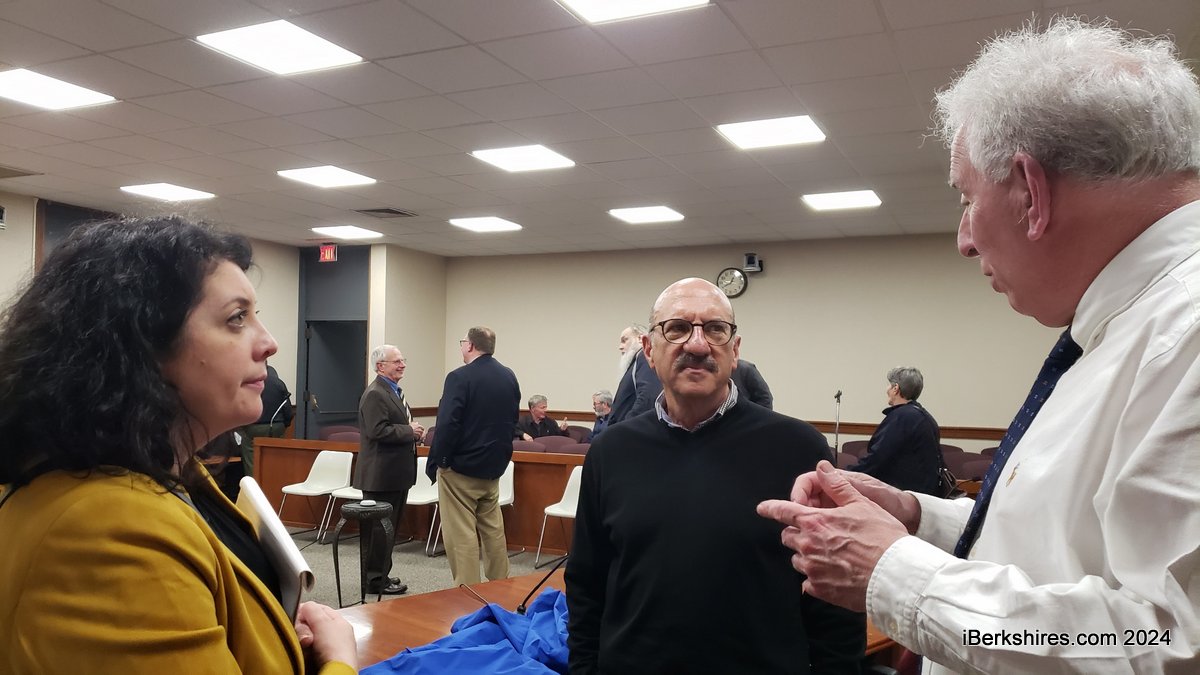
Are You Prepared for a Natural Disaster?
 |
The year ahead offers new opportunities and experiences. But as you make plans throughout 2019, be mindful of the things that can derail those plans – such as the natural disasters that affected so many families in 2018. Every area around the country is subject to natural disasters, whether they're wildfires, hurricanes or tornadoes. How can you prepare for them?
Here are a few suggestions:
Maintain adequate insurance. It's a good idea to review your homeowners insurance at least annually to ensure it's still providing the protection you need. And make sure you know exactly what your policy covers in terms of natural disasters. You will also want to review your life and disability insurance regularly. And, of course, you will want to stay current on your premiums for all your policies.
Keep a record of your possessions. The insurance claims process will be much easier if you take the time, before a natural disaster occurs, to photograph or videotape the contents of your home. You also might want to list the brands and serial numbers of appliances and electronics.
Know your passwords. It's important to have ready access to the passwords for your financial accounts. You may be able to memorize them, but, if not, keep them somewhere – perhaps in your smartphone – that you can access anywhere. It's always possible that a natural disaster will strike so quickly that you can't even grab your phone, so, to be extra cautious, you might want to share your passwords with a trusted family member or friend. (Even then, though, you may want to change your passwords every so often.)
Build an emergency fund. During or following a natural disaster, you may need ready access to cash to cover some of the essentials of daily living, such as food and shelter. Keeping a lot of cash in your home may not be such a great plan, especially if you have to evacuate quickly. Consequently, you might want to create an emergency fund containing three to six months' worth of living expenses, with the money kept in a low-risk, liquid and highly accessible account at a local bank or with your financial services provider.
Protect your documents. These days, many of your important financial materials, such as your investment statements, are available online, so they're likely safe from any disaster. But you may still have some items, such as checkbooks, birth certificates, passports, Social Security cards, insurance policies and estate planning documents (i.e., will, living trust, etc.) on paper. Even if some or all of these things could eventually be replaced, it would take time and effort. You're better off protecting them beforehand, possibly by keeping them in a safety deposit box at a local bank.
Save your receipts. You will want to save receipts for repairs and temporary lodging to submit to your insurance company. If you are not fully reimbursed for these expenses, they may be tax deductible, though you’ll need to consult with your tax advisor to be certain.
If you're fortunate, you will never have to face a natural disaster that threatens your home and possessions. But it never hurts to be ready – just in case.
This article was written by Edward Jones for use by your local Edward Jones financial advisor. Courtesy of Rob Adams, 71 Main Street, North Adams, MA 01247, 413-664-9253.. Edward Jones, its employees and financial advisors cannot provide tax or legal advice. You should consult your attorney or qualified tax advisor regarding your situation. For more information, see EdwardJones.com.
















